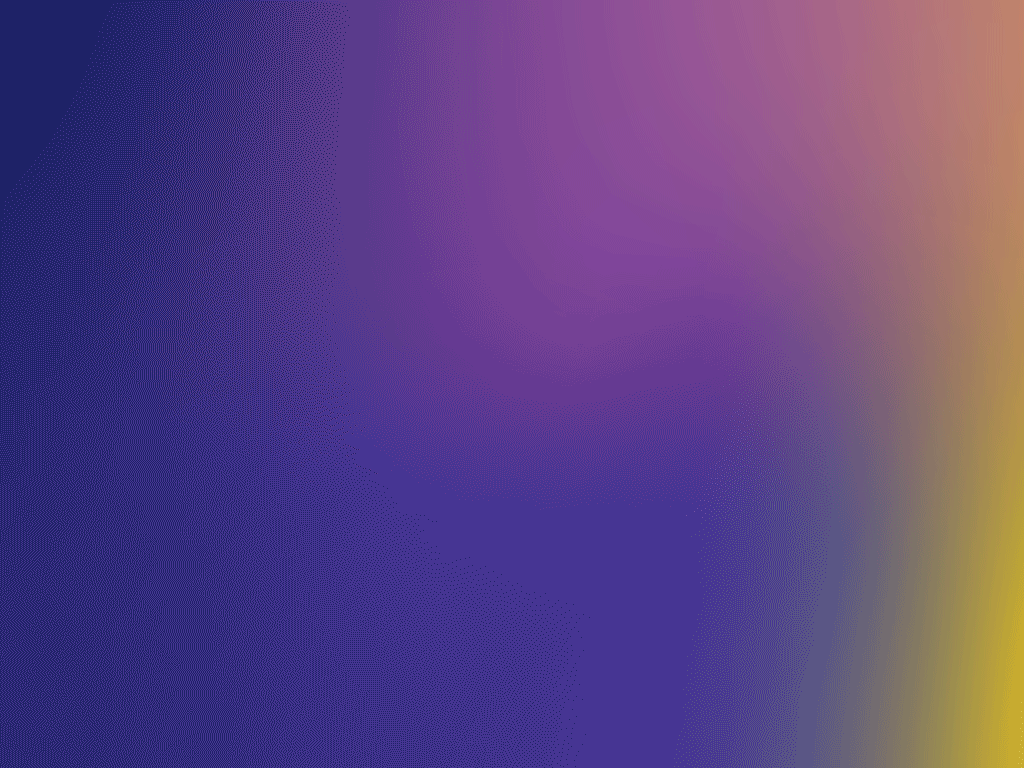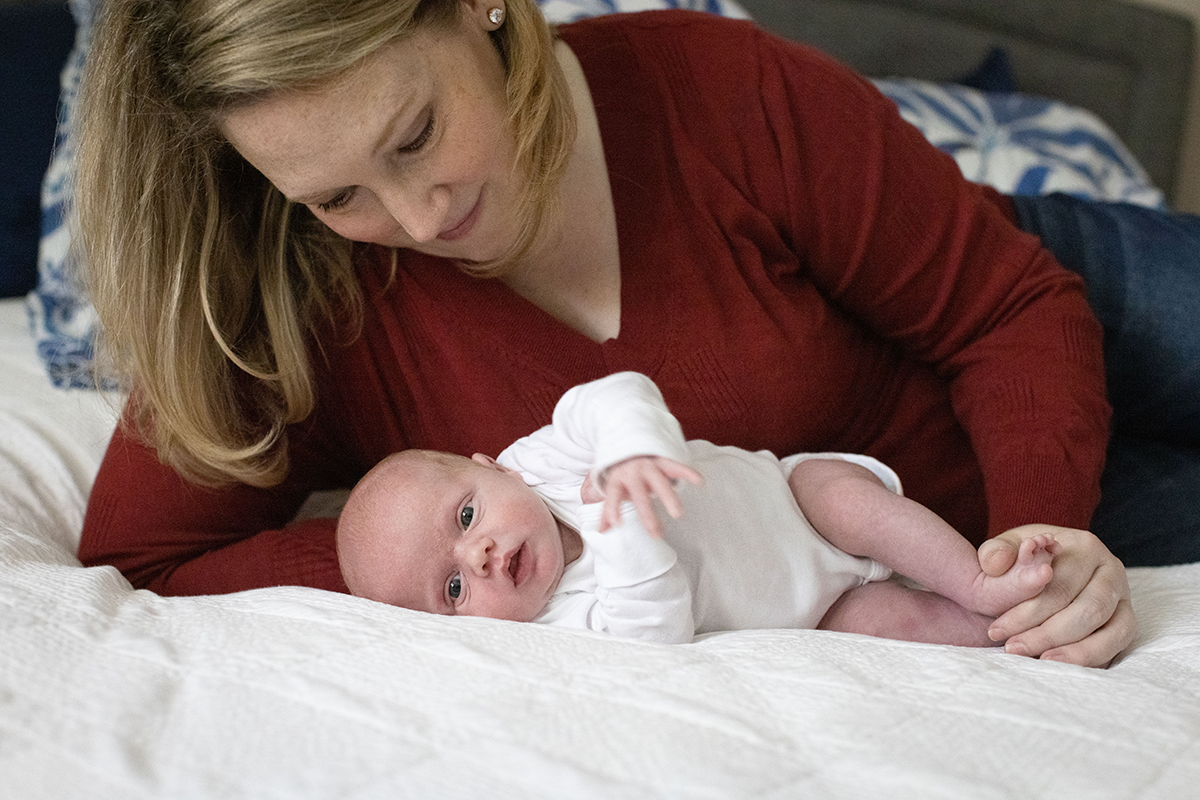Show Menu
Choose Your Location
You are now leaving the Viatris page for a Viatris affiliate site or third party site that is solely responsible for its content, including its compliance with guidelines applicable in certain geographies. Links to Viatris affiliate sites and third party sites are provided as a resource to our visitors and may not be governed by the same regulatory requirements applicable to this site and unaffiliated third party sites are subject to their own terms and data protection notices and practices. Moreover, if their third party site is subject to other country laws, regulatory requirements, data protection requirements or medical practices may differ between countries and the information provided therein may not be suitable for use in your country.

Voices of Viatris
This story was originally shared in 2019 and has been updated.
By: Anne Wilson, Head of Public Affairs & Strategic Partnerships Washington, D.C.
February 4, 2022
Since writing this story in 2019, much has happened in my family. Cancer reared its ugly head once again – my sister Vicki was diagnosed with ovarian cancer. She was 41 when she found out and a mom to girls who were just 8 and 5 at the time. We were lucky – her cancer was found in the early stages, as she underwent removal of her reproductive organs as part of her prevention strategy. Had she not been diligent about protecting herself, the story could have ended very differently. She underwent 6 rounds of chemo and has struggled with the after-effects as she manages life as a hospice nurse during COVID. But, most importantly, she is cancer-free and grateful everyday to be with her family.

For my other sister, the last few years have brought change of a different kind. Having such a high risk of cancer means young women often have to make brutally difficult decisions about having children, pitting life-long dreams of motherhood against the need to take steps to save your own life. My sister made the decision to hold off on removing all of her reproductive organs by a few years so she could try to have a baby and this September we welcomed Conall Patrick into our family. I was lucky enough to be in the room when he was born and I can promise you that everyone in the room felt both the joy and the weight of the moment.
Families around the world are impacted by cancer everyday, and in far more dire ways than what my family has experienced. I remain incredibly proud of the work that Viatris has done to expand access to cancer treatments – it truly matters, to moms, dads, grandparents, friends, and loved ones around the world. Thank you.
(Original Story)
Through Our Eyes: How Breast Cancer Has Affected Us
Anne Wilson, October 2019
Breast cancer, and cancer in general, is omnipresent in our family. My mother was diagnosed for the first time with triple-negative breast cancer at 48, when I was a junior in college. Her sister at 47. Her other sister at 52. Her mother died of ovarian cancer. And then my mother’s second triple-negative diagnosis came at 62. She beat it again, but it was hard – so very hard. Chemo is not pretty, it’s not miraculous. It’s not anything but hard.
I am the oldest of three girls. We begged my mom to get tested for the BRCA gene, but she refused – she didn’t want to know if she “gave” her daughters cancer. Finally, one of the aunts got genetically screened and there it was – BRCA1 mutation. After that, my sisters and I went to get tested. I was negative for the mutation. But both of my sisters were positive.
Since they’ve received their news, both of my sisters have been proactive – they’re a great example of why it’s important to arm people with information about their health and to be proactive about care. They both enrolled in monitoring programs at academic medical institutions. They both have checkups every six months. And last year, they both chose to have preventive mastectomies before they each turned 40. That’s not an easy decision to make – there’s so much intertwined with the decision to have a mastectomy. You may be removing some of the likelihood of cancer, but you’re also removing a part of your womanhood, and it’s an emotionally and physically draining process even before the surgeon starts her job. I’m in awe of their strength every day.
A lot of people tell me how lucky I am to be in the clear. But I certainly never feel in the clear. My mom’s brothers have also had cancer – a neck cancer and a prostate cancer. And my father’s mother and sister have also had breast cancer. So while I don’t have the BRCA1 mutation that my sisters and mother do, that omnipresence still affects my reaction to every bump, bruise, or off day I have. But cancer is also a great equalizer in a world that right now is so intent on highlighting our differences, so in a way I feel a sense of connectedness to the women around me of every race, ethnicity, economic status, or sexuality for whom breast cancer, or the threat of it, is a daily reality.
There is no panacea for the problem of cancer. “Curing” cancer is actually an effort to cure thousands of different diseases, all of which attack your body in different, mind-blowing ways. But I’m so appreciative of the research that goes into doing that, and all of the great minds around the world who have taken on that monumental task.
And as someone who has lived with loved ones fighting the daily battle, I’m proud of the work that Mylan does to make that fight just a little bit easier. Financial toxicity is real and it’s just as much of a threat to a patient’s well-being as cancer is. Our drive to lighten the load for people whose very lives are at stake are one of the many reasons I come to work every day. Thank you to all of my colleagues who own a piece of that – for you, my family and I are grateful.